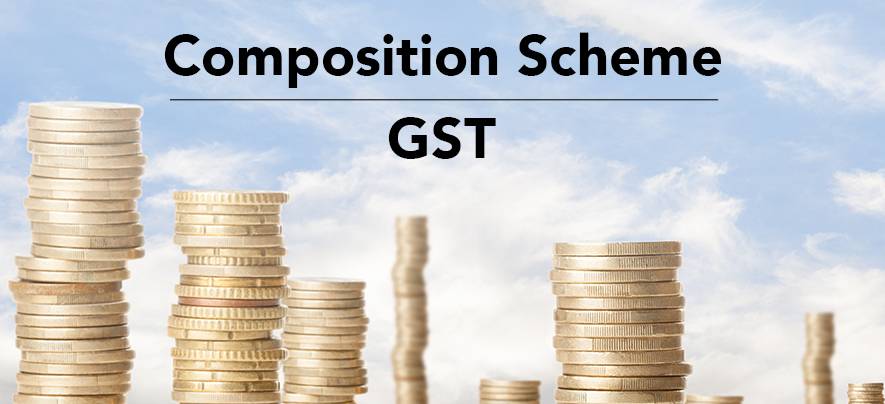Opting for Composition Scheme under GST

GST
403 week ago — 3 min read
GST will bring with it a new system of compliance for businesses in India. Large organisations have the resources to adjust to these requirements with ease but startups and SMEs may struggle with these provisions. To help these businesses, the Government has launched the Composition Scheme under GST which is an extension of the current system under VAT law.
Someone opting for the Composition Scheme will be required to file returns on a quarterly basis instead of three times in a month for the regular taxpayers under GST.
The rules related to the registration and Composition Scheme have been notified on 19th June, 2017. These rules have been brought into effect from 22nd June, 2017. The intent of notifying these rules is to start the process of issue of registration certificate, called Goods and Services Tax Identification Number (GSTIN), to taxpayers who have already been issued provisional ID for registration(PID) as well as to the new taxpayers and to define the compliance for Composition Dealers.
A person seeking fresh registration can apply for registration within thirty days from the date on which he becomes liable for registration. They have to opt for Composition Scheme at the time of filing of registration form, subject to that his turnover shall be below INR 75 lakhs and he intends to do business within single state and buys all his inputs from Registered Taxpayers only.
For an existing taxpayer registered under VAT or Service Tax (Restaurant Service only), the option for composition scheme has to be submitted on GST Portal before 21st July, 2017.
The Composition Taxpayers will be subjected to a flat Composition Fees on their turnover @ 1% for traders, 2% for manufacturers and 5% for restaurants.
To explore business opportunities, link with me by clicking on the 'Invite' button on my eBiz Card.
Disclaimer: The views and opinions expressed in this article are those of the author and do not necessarily reflect the views, official policy or position of GlobalLinker.
Network with SMEs mentioned in this article
View Ritul 's profile
Most read this week
Trending
Ecommerce 6 days ago













Comments (1)
Share this content
Please login or Register to join the discussion